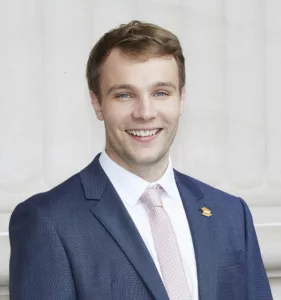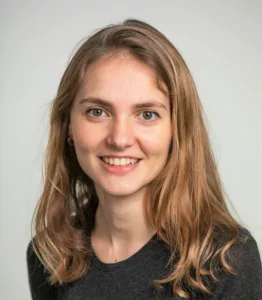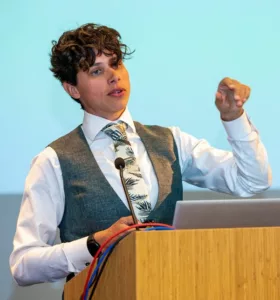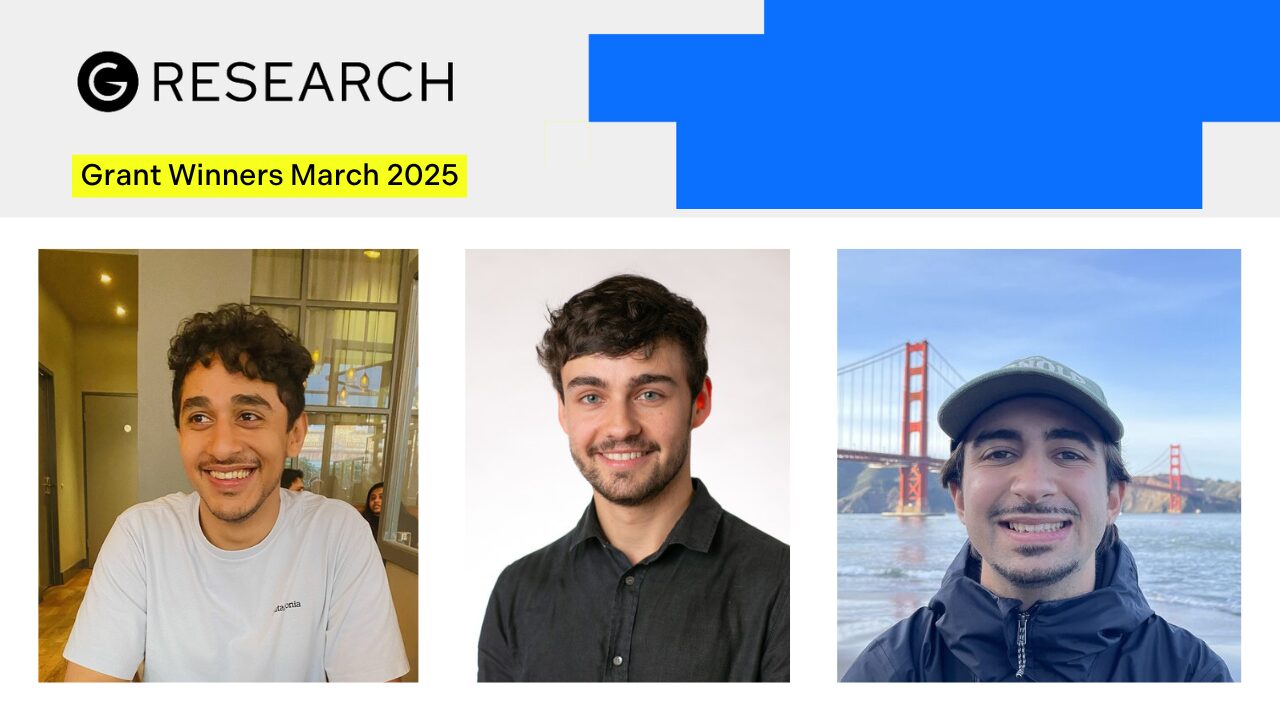Each month, we provide up to £2,000 in grant money to early career researchers in quantitative disciplines.
Our aim is to support and assist PhD students and postdocs conducting research, particularly with costs that may be difficult to get funding for elsewhere, for example, travel for those who are caring for children, or expenses for volunteer work related to research.
Learn more about our grant programme, including how you can apply and the work we support.
Read on to hear from our latest winners, their research and how our grants will aid their work.
February grant winners
Rowan Hall Maudslay (University of Cambridge)

“I am a PhD student at the University of Cambridge, and a Bye-Fellow of Magdalene College. My research concerns people’s ability to perceive abstract similarities shared by disparate things, which manifests in analogy and metaphor, and is of central importance for generalisation in AI.
“The grant will allow me to purchase new computational resources which will make this research possible.”
Ryan Parker (University of Cambridge)

“The generosity of G-Research’s grant has given me the opportunity to expand my research scope and investigate climate-science and public-policy from a data-driven perspective.
“Specifically, this grant will fund the development of a CO2 sequestration surveillance and pricing algorithm. This is important as many developed, resource-rich nations, currently have a tax offset scheme whereby a large CO2 emitter is able to gain a tax exemption for sequestering carbon; typically through the acquisition of land and subsequent growth of biomass on that land.
“My algorithm will take satellite imagery and correlate it to datasets measuring the carbon-content sequestered in above-ground and below-ground biomass, using deep convolutional neural networks. This will enable CO2 sequestration potential to be built into property prices, increase the rigour of CO2 emissions reporting, stymie ‘green-washing’ and tax-evasion through surveillance, and ultimately add more transparency to the CO2 pricing market.
“Eventually, this tool will then be presented at the International Carbon Capture & Sequestration Conference 2023 to help further facilitate these goals.”
Clara Guijarro Calvo (Turing Centre of Living Organisms in Marseille)

“I am a PhD student in Biology and Computer Science at the Turing Centre of Living Organisms in Marseille.
“I am interested in how organs acquire their shape and my PhD project aims to understand how the cardiac progenitor cells build the heart during embryonic development. This question is crucial to understand the origin of each tissue in the adult stage, better predict their evolution over time, and understand the emergence of Congenital Heart Diseases.
“The G-Research grant will support me to enrol on advanced courses on machine learning and data visualisation, to finish scrutinising the cardiac progenitor population and strengthen my skills in this area.”
Jill Emmerzaal (Université de Montréal)

“Over the past few years, I’ve been researching the development of a smartphone app that provides personal feedback on joint loading for people with hip and knee osteoarthritis at KU Leuven, Belgium, where I currently reside.
“This year, I’ll be using that knowledge in a research project on context-specific feedback for people with knee problems; using wearable sensor technology, complex non-linear mathematics, and machine learning. This exciting project is a collaboration between Luxembourg and Montreal.
“This grant from G-Research will allow me to act as the physical link between these two universities while also taking care of my family in Leuven.”
Congratulations to our grant winners.



